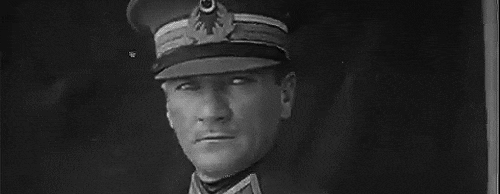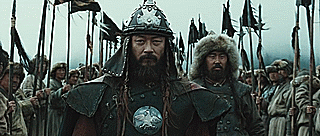Strategic Leadership Analysis
Ataturk archetypes dismantle outdated structures to build future-ready institutions. You move quickly once a mandate appears, translating vision into law, education, and technology.
Strengths
- Communicates a compelling modernization roadmap
- Combines military precision with civic vision
- Implements reforms quickly once mandate exists
- Raises organizational pride through progress
- Stays pragmatic about sequencing change
Pressure Points
- Pace of change can alienate traditionalists
- Top-down style risks limited feedback loops
- May struggle delegating symbolic authority
- Needs sustained follow-through after the initial surge
- Workload intensity can deplete personal wellbeing
Relationship Operating System
You value partners who respect your mission but remind you to celebrate milestones. Shared rituals anchor the fast pace.
Deployment Zones
Public-sector innovation, corporate transformation, education reform, change management, technology adoption programs
Leadership Lessons to Apply Today
Invite co-design early. Pair bold mandates with listening tours and invest in custodians who sustain reforms.



